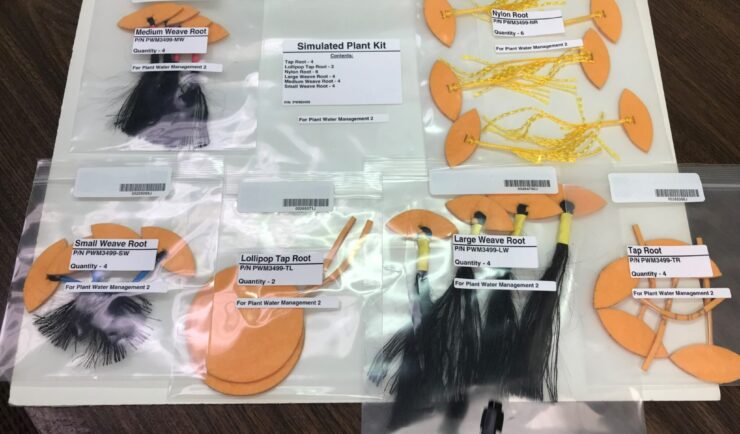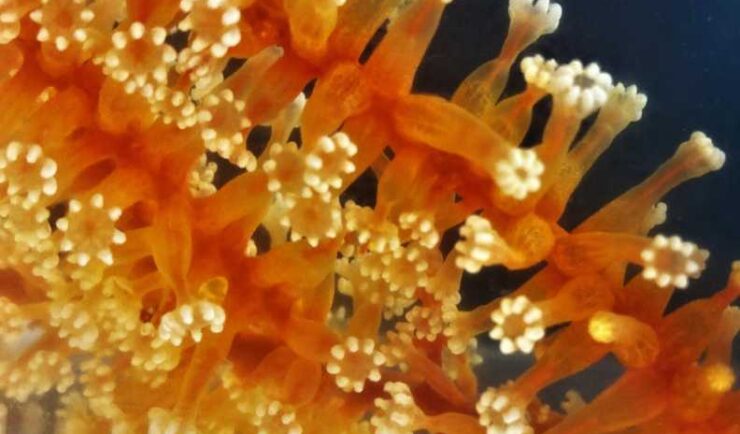
CSS supports several Centers for Disease Control and Prevention (CDC) campuses throughout the U.S. On-site CSS personnel are trained in hazardous material spill response and clean-up and provide this support within buildings and throughout campuses. As part of our contract with the CDC Hazardous Waste Program, CSS hazmat-trained employee owners are responsible for safely collecting, storing, and shipping hazardous and universal waste, as well as training laboratorians in spill control procedures, universal waste, and the Center for Disease Control’s online waste ticketing system.
A recent automobile collision on the CDC Atlanta campus caused battery acid, oil, transmission fluid, windshield wiper fluid, and antifreeze to spill into the roadway. Following the scene being secured by first responders, CSS hazmat-trained staff responded to and cleaned up the hazardous material to prevent further contamination. They used absorbent pads specifically designed for use in hazmat clean-up, and universal absorbent pillows to prevent chemicals from spreading and running into storm drains.


See More CSS Insights

Astronauts Conduct Latest Plant Water Management on the International Space Station
NASA recently performed the sixth iteration of the CSS-supported Plant Water Management experiment on the International Space Station (ISS).

Overcoming COVID-19 Challenges
Great job to our team supporting our contract with the U.S. General Services Administration on assisting the client with conducting a year’s worth of environmental, health, and safety surveys in just six months! Due to limitations with COVID-19, the team was unable to conduct their surveys on their usual timeline and instead had to work…

Collecting and Studying Deep-Sea Coral
Three of our staff supporting NOAA’s National Centers for Coastal Ocean Science joined a team of nine other scientists on a 12 day expedition to collect deep-sea coral samples in the Gulf of Mexico.
